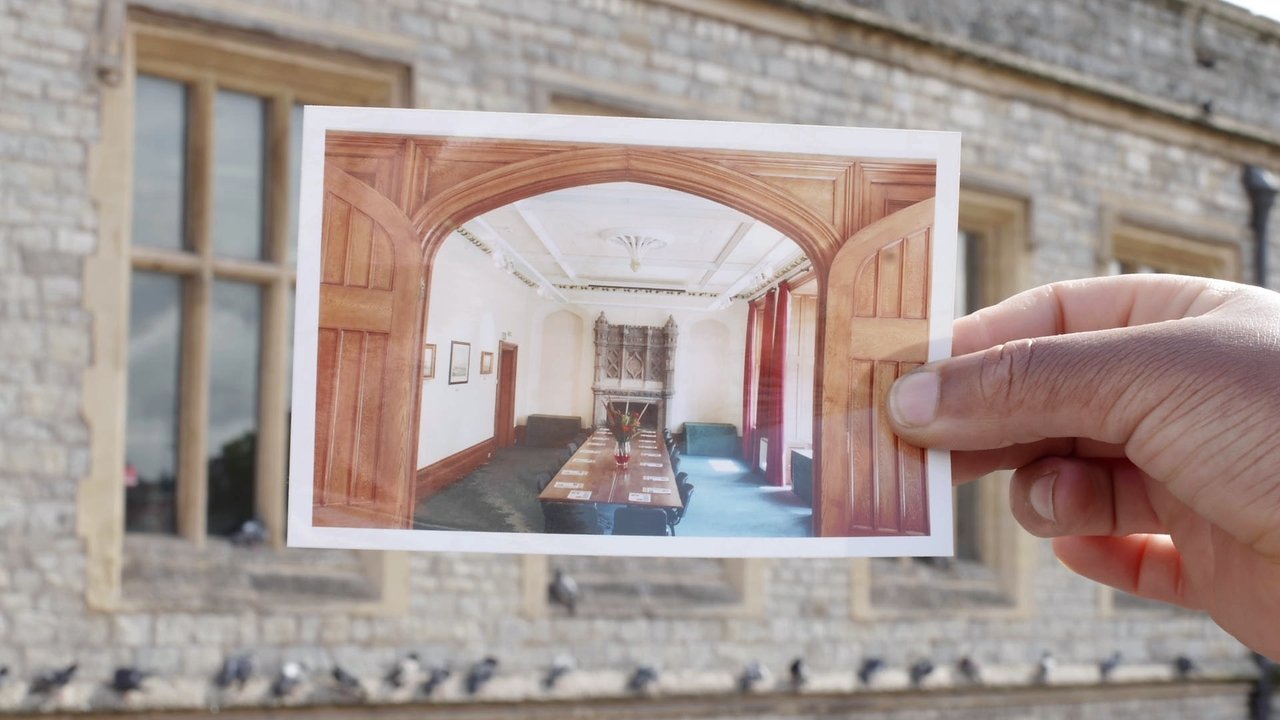
A So-Called Archive(2020)
With a forensic lens, Onyeka Igwe's A So-Called Archive interrogate the decomposing repositories of Empire. Blending footage shot over the past year in two separate colonial archive buildings - one in Lagos, Nigeria, and the other in Bristol, United Kingdom - this double portrait considers the 'sonic shadows' that colonial images continue to generate, despite the disintegration of the memory and their materials. It mixes the genres of the radio play, the corporate video tour and detective noir, with a haunting and critical approach to the horror of discovery.
Movie: A So-Called Archive
Top 1 Billed Cast
Additional Voiceover
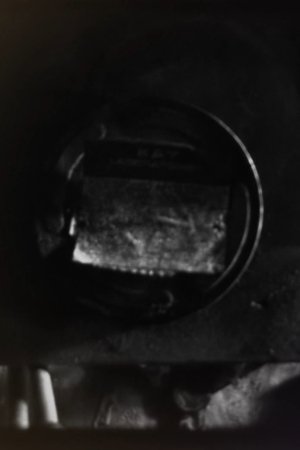
A So-Called Archive
HomePage
Overview
With a forensic lens, Onyeka Igwe's A So-Called Archive interrogate the decomposing repositories of Empire. Blending footage shot over the past year in two separate colonial archive buildings - one in Lagos, Nigeria, and the other in Bristol, United Kingdom - this double portrait considers the 'sonic shadows' that colonial images continue to generate, despite the disintegration of the memory and their materials. It mixes the genres of the radio play, the corporate video tour and detective noir, with a haunting and critical approach to the horror of discovery.
Release Date
2020-12-09
Average
0
Rating:
0.0 startsTagline
Genres
Languages:
EnglishKeywords
Similar Movies
 7.5
7.5Africa Rising(de)
How African artists have spread African culture all over the world, especially music, since the harsh years of decolonization, trying to offer a nicer portrait of this amazing continent, historically known for tragic subjects, such as slavery, famine, war and political chaos.
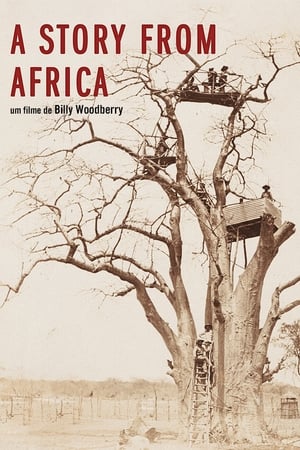 0.0
0.0A Story from Africa(en)
Following the 1884–85 Berlin Conference resolution on the partition of Africa, the Portuguese army uses a talented ensign to register the effective occupation of the territory belonging to the Cuamato people, conquered in 1907, in the south of Angola. A STORY FROM AFRICA enlivens a rarely seen photographic archive through the tragic tale of Calipalula, the Cuamato nobleman essential to the unfolding of events in this Portuguese pacification campaign.
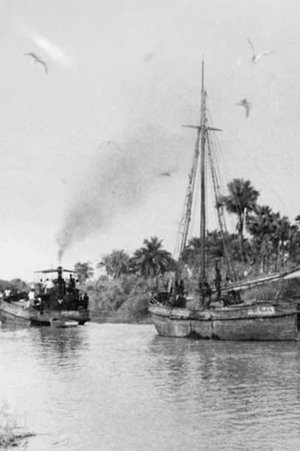 0.0
0.0Time to Change(pt)
Angolan director and screenwriter Pocas Pascoal reminds us that it’s time for a change, proposing through this film a look at colonialism, capitalism, and their impact on global biodiversity. We observe that the destruction of the ecosystem goes back a long way and is already underway through land exploitation, big game hunting, and the exploitation of man by man.
 6.9
6.9The Pearl Button(es)
The ocean contains the history of all humanity. The sea holds all the voices of the earth and those that come from outer space. Water receives impetus from the stars and transmits it to living creatures. Water, the longest border in Chile, also holds the secret of two mysterious buttons which were found on its ocean floor. Chile, with its 2,670 miles of coastline and the largest archipelago in the world, presents a supernatural landscape. In it are volcanoes, mountains and glaciers. In it are the voices of the Patagonian Indigenous people, the first English sailors and also those of its political prisoners. Some say that water has memory. This film shows that it also has a voice.
 6.7
6.7Statues Also Die(fr)
Short documentary commissioned by the magazine Présence Africaine. From the question "Why is the African in the anthropology museum while Greek or Egyptian art are in the Louvre?", the directors expose and criticize the lack of consideration for African art. The film was censored in France for eight years because of its anti-colonial perspective.
 5.7
5.7Broken Rainbow(en)
Documentary chronicling the government relocation of 10,000 Navajo Indians in Arizona.
 6.9
6.9The First 54 Years: An Abbreviated Manual for Military Occupation(he)
An exhaustive explanation of how the military occupation of an invaded territory occurs and its consequences, using as a paradigmatic example the recent history of Israel and the Palestinian territories, the West Bank and the Gaza Strip, from 1967, when the Six-Day War took place, to the present day; an account by filmmaker Avi Mograbi enriched by the testimonies of Israeli army veterans.
 0.0
0.0Costa Rica Banana Republic(es)
This film was originally made for the International Conference on Human Settlements (HABITAT) which was held in Vancouver, Canada. Taking as an example the production and marketing of bananas and the prevailing conditions in the world market - dominated by the virtual monopoly of three multinational companies -, it is shown how as a result of this monopolistic domination, the Costa Rican State has stopped receiving equitable taxes for what that, in the end, the housing and public services offered by the country are characterized as those of an underdeveloped society. The attempt made since 1974 by a group of banana-producing countries, aimed at improving sales prices to multinationals and raising taxes; The resulting “banana war” are examples of the enormous efforts that small banana countries have to make to achieve greater justice in the prevailing market conditions.
 6.3
6.3Africa Addio(it)
A chronicle of the violence that occurred in much of the African continent throughout the 1960s. As many African countries were transitioning from colonial rule to other forms of government, violent political upheavals were frequent. Revolutions in Zanzibar and Kenya in which thousands were killed are shown, the violence not only political; there is also extensive footage of hunters and poachers slaughtering different types of wild animals.
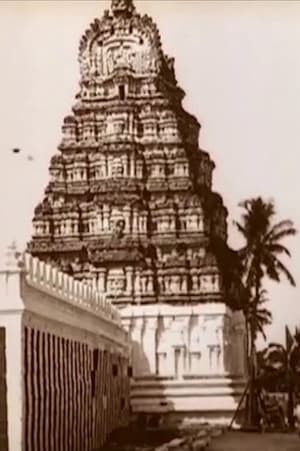 0.0
0.0Edward Prince of Wales' Tour of India: Madras, Bangalore, Mysore and Hyderabad(en)
This official travelogue of a royal tour follows the Prince on a series of regimental displays and a tiger hunt.
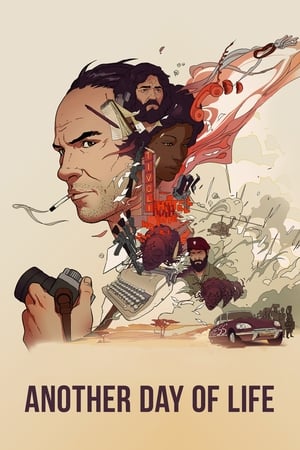 7.5
7.5Another Day of Life(en)
In 1975, Ryszard Kapuściński, a veteran Polish journalist, embarked on a seemingly suicidal road trip into the heart of the Angola's civil war. There, he witnessed once again the dirty reality of war and discovered a sense of helplessness previously unknown to him. Angola changed him forever: it was a reporter who left Poland, but it was a writer who returned…
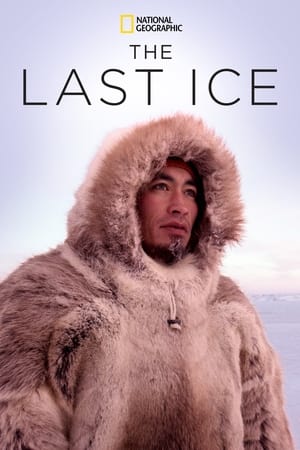 8.6
8.6The Last Ice(en)
For centuries, Inuit in the Arctic have lived on and around the frozen ocean. Now, as climate change is rapidly melting the sea ice between Canada and Greenland, the outside world sees unprecedented opportunity. Oil and gas deposits, faster shipping routes, tourism, and fishing all provide financial incentive to exploit the newly opened waters. But for more than 100,000 Inuit, an entire way of life is at stake. Development here threatens to upset the delicate balance between their communities, land, and wildlife. Divided by aggressive colonization and decades of hardship, Inuit in Canada and Greenland are once again coming together, fighting to protect what will remain of their world. The question is, will the world listen?
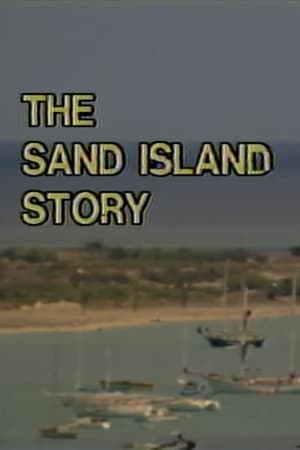 0.0
0.0The Sand Island Story(en)
This short documentary chronicles a four-month period between 1979 and 1980 when residents of Hawaii's Sand Island "squatter" community attempted to resist eviction from the Honolulu shoreline - resulting in displacement, arrests, and the destruction of a community.
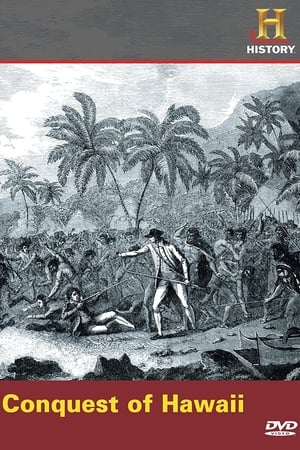 2.0
2.0Conquest of Hawaii(en)
History Channel documentary which chronicles the history of Hawai'i and the rarely told story of the overthrow of the Hawaiian monarchy by the American government.
 7.0
7.0Concerning Violence(sv)
Concerning Violence is based on newly discovered, powerful archival material documenting the most daring moments in the struggle for liberation in the Third World, accompanied by classic text from The Wretched of the Earth by Frantz Fanon.
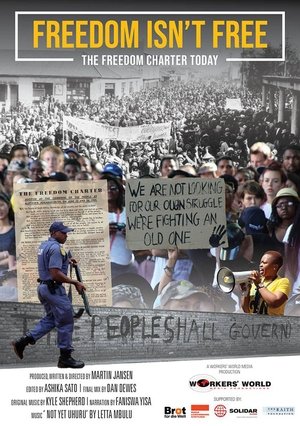 8.0
8.0Freedom Isn't Free — The Freedom Charter Today(en)
Since its adoption in June 1955 by the Congress movement, the Freedom Charter has been the key political document that acted as a beacon and source of inspiration in the liberation struggle against Apartheid. It was reputedly the main source that informed democratic South Africa’s liberal constitution and a constant reference point for the ruling African National Congress (ANC) and rival political parties that it spawned since 1994, all claiming the Freedom Charter’s legacy. Freedom Isn’t Free assesses the history and role of the charter, especially in relation to key political and socio-economic aspects of developments in South Africa up to the present period. It includes rare archival footage with interviews of a cross-section of outspoken influential South Africans.
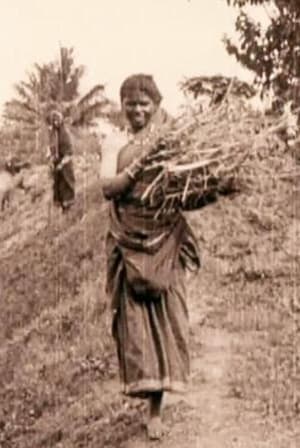 0.0
0.0Edward Prince of Wales' Tour of India: Peshawar, The Khyber Pass and Rawl Pindi(en)
The future Edward VIII enjoys stunning mountain scenery on a visit to the Khyber Pass during his royal tour
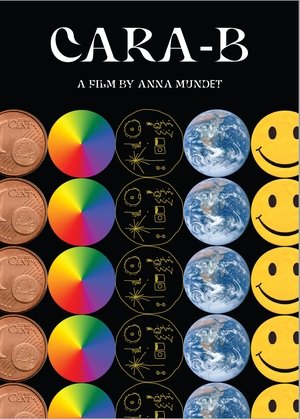 0.0
0.0CARA-B(ca)
A desktop documentary that focuses on the Golden Record that NASA sent into space in the late 1970s. The piece reflects on issues such as the power of scientific discourse to produce revisions of the world, the evolution of the concept of the archive and the resignification of borders in the rhetoric of space colonialism.
 0.0
0.0Hacking at Leaves(en)
Hacking at Leaves documents artist and hazmat-suit aficionado Johannes Grenzfurthner as he attempts to come to terms with the United States' colonial past, Navajo tribal history, and the hacker movement. The story hones in on a small tinker space in Durango, Colorado, that made significant contributions to worldwide COVID relief efforts. But things go awry when Uncle Sam interferes with the film's production.
Potlatch...a strict law bids us dance(en)
Presents the history of the conflict between the Canadian government and the Kwakiutl Indians of the Northwest Pacific over the ritual of the Potlatch. Archival photographs and films, wax roll sound recordings, police reports, the original potlatch files, and correspondence of agents form the basis of the reconstruction of period events, while the film centres on a Potlatch given today by the Cranmer family of Alert Bay.